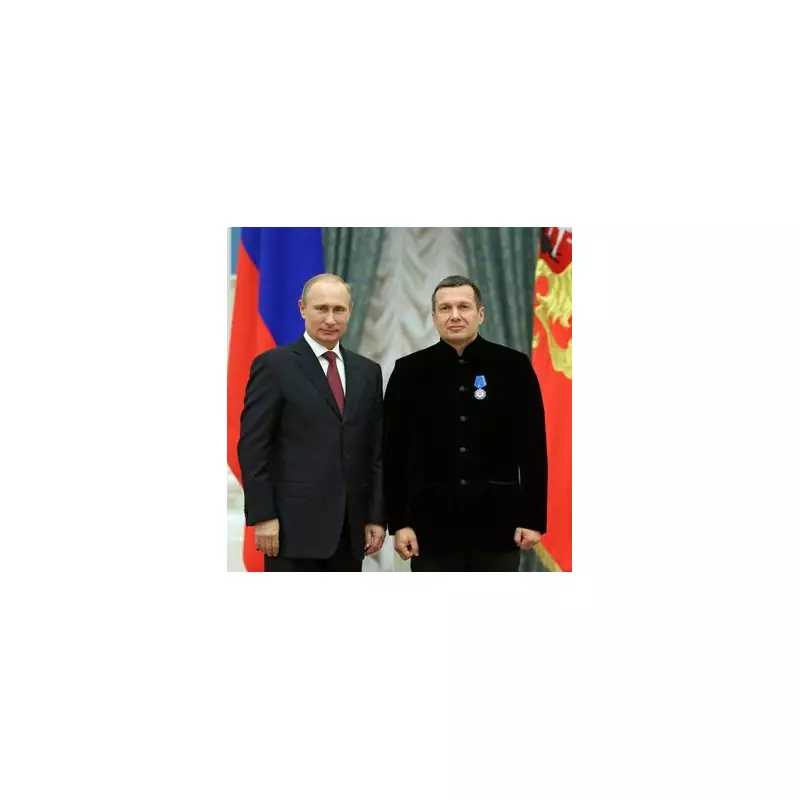
In a stunning display of internal discord, Vladimir Solovyov, one of Vladimir Putin's most prominent media propagandists, has turned his fury upon Russia's own Defence Ministry during a blistering televised rant.
The state television host, often dubbed 'Putin's attack dog', launched an extraordinary critique of military leadership, holding them directly responsible for Russia's staggering losses and strategic failures in the ongoing conflict in Ukraine.
The On-Air Diatribe
During his widely watched programme, Solovyov did not hold back. He lambasted defence officials for what he termed catastrophic planning and execution, suggesting their incompetence has cost Russia dearly both in terms of military assets and international standing.
"We were promised a swift operation," Solovyov seethed to his audience, "but what we have received is a protracted war of attrition with unacceptable losses." His comments represent a significant departure from the usual unwavering support for all government institutions typically displayed on state-controlled media.
Breaking From the Kremlin Narrative
Analysts suggest Solovyov's outburst indicates growing frustration within Putin's inner circle regarding the war's progression. While stopping short of criticising Putin himself, the propagandist's attack on the Defence Ministry signals that blame for the failing campaign is being directed toward military leadership.
The remarkable broadcast included specific complaints about equipment shortages, poor tactical decisions, and what Solovyov characterised as a disastrous underestimation of Ukrainian resistance and Western support.
A Warning of Consequences
Most strikingly, Solovyov concluded his tirade with a thinly veiled threat towards defence officials, suggesting that those responsible for military failures would face severe repercussions. "There must be accountability for these mistakes," he warned, his tone suggesting higher-level scrutiny of military leadership may be imminent.
This public airing of grievances marks a significant moment in Russian state media's coverage of the war, which has until recently maintained a facade of unanimous success and support.





